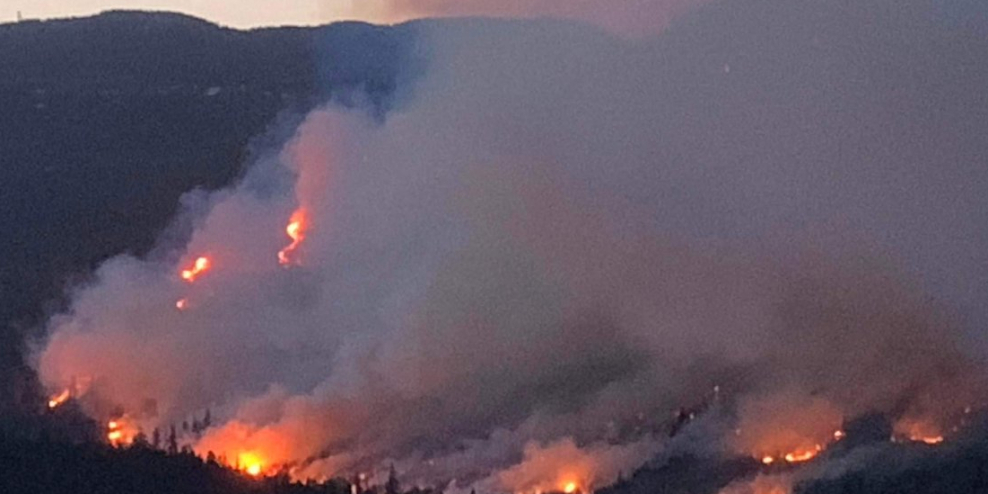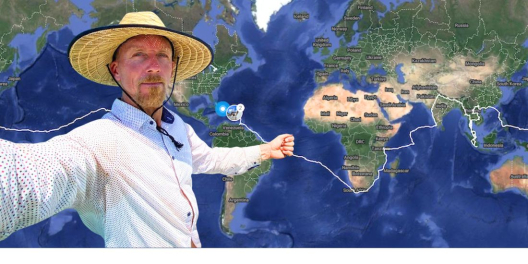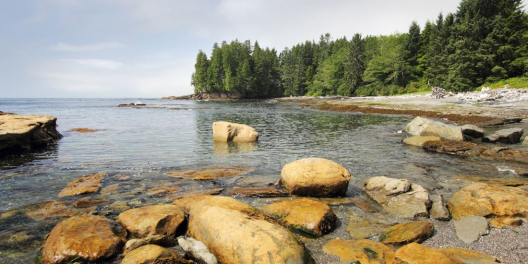A forest fire is burning out of control six km west of Sayward.
The Newcastle Creek fire was first reported Monday afternoon and has since grown from 15 hectares to 90 hectares as of Tuesday morning.
According to BC Wildfire Service, no homes or critical infrastructure are currently at risk.
However, the fire is sending smoke as far south as the Comox Valley and Nanaimo. Our air quality is currently rated 5, or moderate risk, on Environment Canada’s air quality index. Smoke was so thick in Nanaimo Tuesday that the Coast Mountains were no longer visible.
A 20-person crew is now battling the blaze that fire officials believe is human-caused.
There are currently 60 active wildfires in BC, half of which have been caused by people. Eleven, including the Newcastle Creek fire, are considered out of control, and four new forest fires started between Monday and Tuesday this week.
So far, in 2023, there have been 313 wildfires.
On average, 7,000 wildfires burn annually in Canada, double the number that burned annually in the 1970s. BC has more than 60 million hectares of forest, an area larger than France.
And our forests are getting drier. As summertime droughts become more intense, and winter snowpacks shallower, the moisture in forests decreases. At the same, there is evidence of more frequent thunder and lightning storms. It all makes for increasingly dangerous forest fire conditions.
Mike Flannigan, a professor in the Department of Renewable Resources at the University of Alberta, says human-caused climate change is to blame.
“I can’t be more clear on that. Human-caused climate change,” Flannigan told The Narwhal in 2018, during one of BC’s worst fire seasons on record.
What’s worse, forest fires themselves contribute to climate change.
“It’s a positive feedback loop,” said Bob Gray, a wildfire ecologist, in a Narwhal story. “Fires emit more greenhouse gases into the atmosphere, which in turn increases global warming. It’s a vicious, vicious cycle.”
To learn more about BC’s current forest fires, go to BC Wildfire Service.









